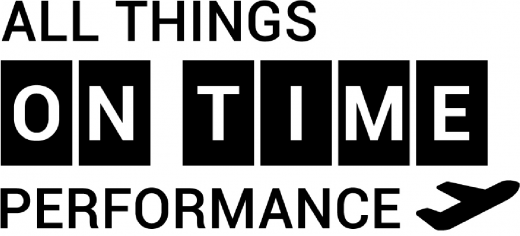Airlines Play Critical Role in Vaccine’s Distribution
Just as the Christmas holiday was fast approaching, many considered news of the first FDA-authorized COVID-19 vaccine to be an early and much anticipated present. While developing the vaccine was a major achievement, so too will be its cold-storage transport. For that, the airlines are playing a critical role. In the United States, many of the largest airlines are transporting Coronavirus vaccines to cities across the country. United was the first commercial airline to transport the Pfizer vaccine, operating five cargo-only flights early December, delivering the COVID-19 vaccines from Brussels to Chicago. Other airlines involved in the process include American, Delta, Air France, KLM, Martinair Cargo and Virgin Atlantic Cargo, in addition to FedEx and United Parcel Service (UPS). According to IATA Director General Alexandre De Juniac, “Processes are in place already, but the huge volume of vaccine shipments will require early planning to ensure that they are scalable.”
In addition to their role in the vaccine’s transport, many airlines continued to exercise extreme caution, taking measures to help contain the virus’ spread. United Airlines, for example, recently announced contract tracing will be performed for all of its flights. It follows Delta Airlines which previously launched a similar initiative. The Centers for Disease Control and Prevention (CDC) noted that contract tracing is a “fundamental component of the nation’s public health response strategy for controlling the spread: of the Coronavirus. United’s program is a voluntary one for all international arrivals which began December 16, 2020.
Expanding Routes for JetBlue
While 2020 saw dramatic reductions in airline routes, there is some good news to celebrate regarding airlines’ expanding routes. For example, JetBlue just announced that it is introducing four all-new destinations. This reflects its broader plan to add 24 new nonstop routes during the first half of 2021. The four new routes include: Miami, Florida; Key West, Florida; Guatemala City; and Los Cabos, Mexico.
Airports Continued to Do Their Part to COVID-19 Safety
Airports across the global remained proactive and vigilant in their approach to fostering the well-being of air travelers. London Gatwick Airport, for example, is enabling passengers to pre-book COVID-19 screening tests at Gatwick, while Orlando International Airport recently added another layer to its health and safety protocols including a plan to offer access to a COVID-19 testing clinic in a pre-security part of the airport’s third level.
Source: https://www.internationalairportreview.com/topic_hub/covid-19/
Significant Regulatory Development
This month, we also saw a positive reaction coming from London Heathrow Airport regarding the Supreme Court’s December 16, 2020 ruling that the UK government’s Airports National Policy Statement is lawful and therefore, the ban on Heathrow’s plans for a third runway has been lifted. Ultimately, the government will have the final word on this runway plan, but the airport is optimistic saying in an official statement, “This is the right result for the country, which will allow Global Britain to become a reality. Only by expanding the UK’s hub airport can we connect all of Britain to all of the growing markets of the world, helping to create hundreds of thousands of jobs in every nation and region of our country. Demand for aviation will recover from COVID-19 and the additional capacity at an expanded Heathrow will allow Britain as a sovereign nation to compete for trade and win against our rivals in France and Germany.”
More Aid to the Industry
From Capitol Hill in Washington, D.C., on December 17th, 2020, it was announced that an extension of the U.S. government’s Coronavirus relief bill was likely to move ahead. Of the $900 billion bill, which at this writing was still in negotiation, $17 billion was to be allocated to airlines. This amount was projected to enable the rehiring of over 32,000 workers furloughed in October. The relief comes at an important juncture as the airlines are continuing to sustain daily losses in excess of $30 million. While better than the $100 million/a day losses during the earlier stages of the pandemic, these losses are not sustainable, so any relief is welcomed. At this writing, industry estimates are that it will take three to four years for the industry’s full recovery.





0 comments on “Aviation Wrap-Up December 2020”